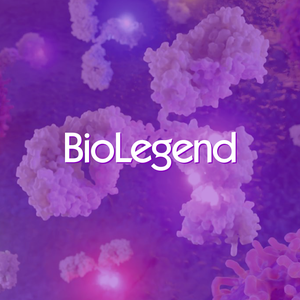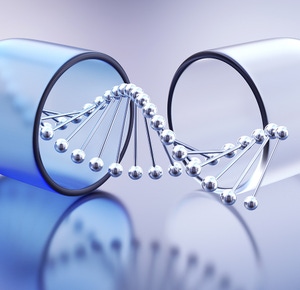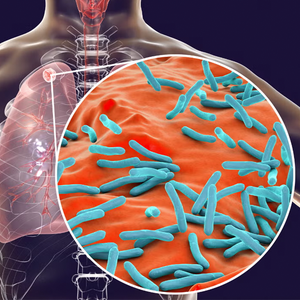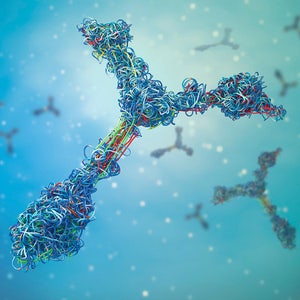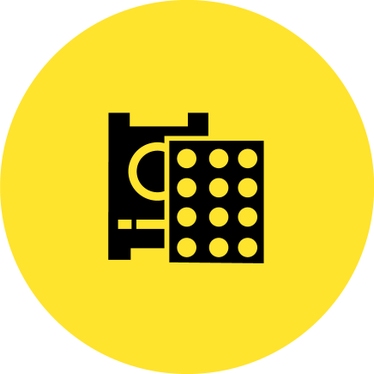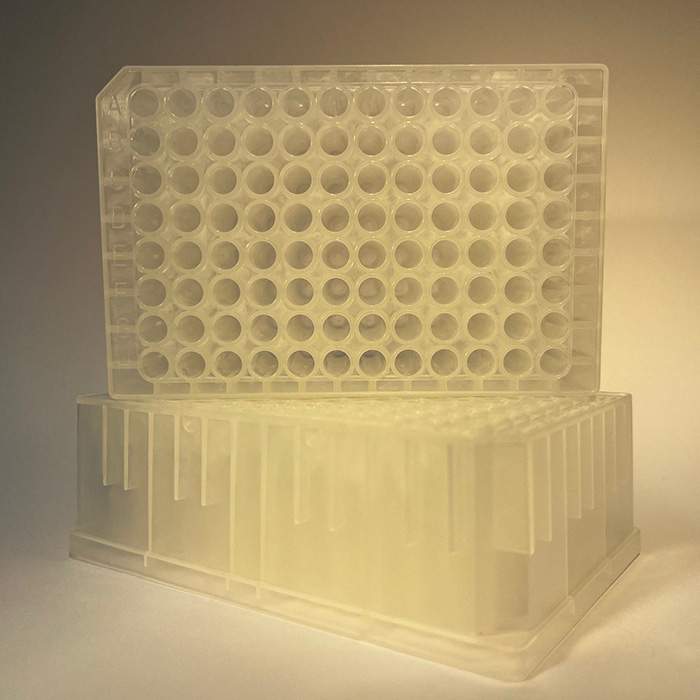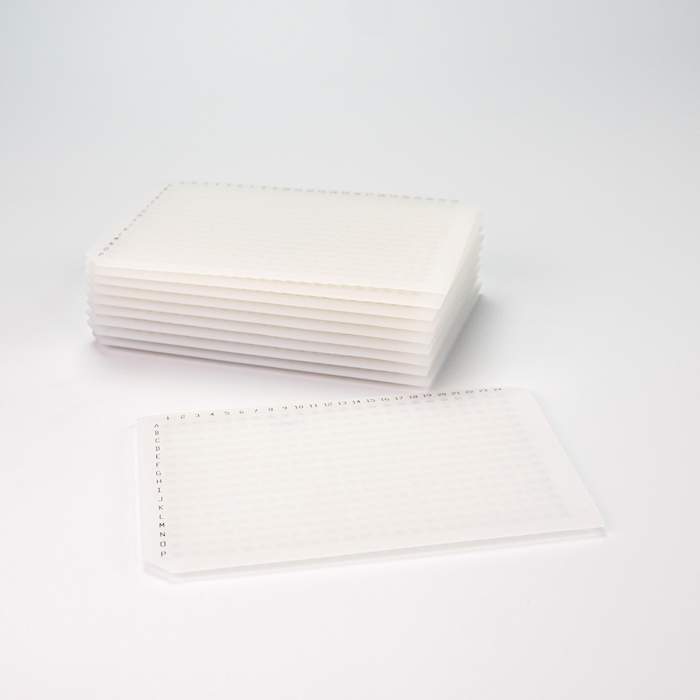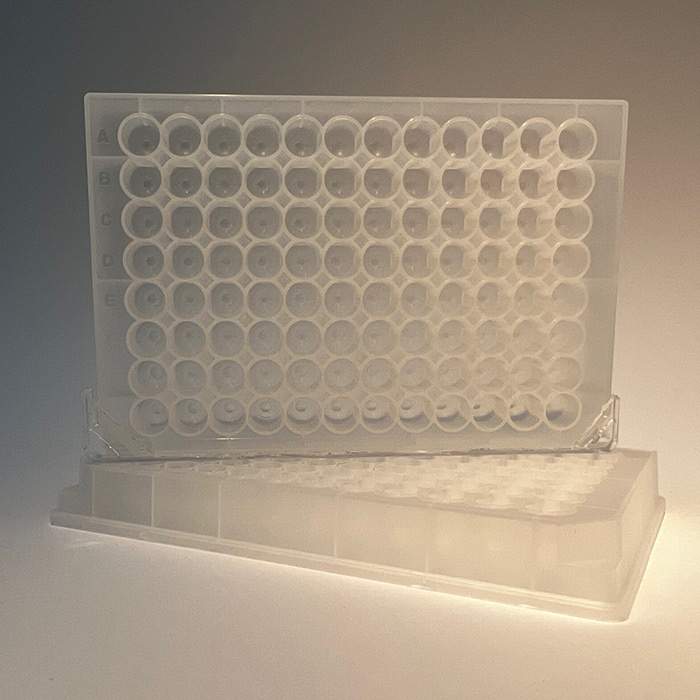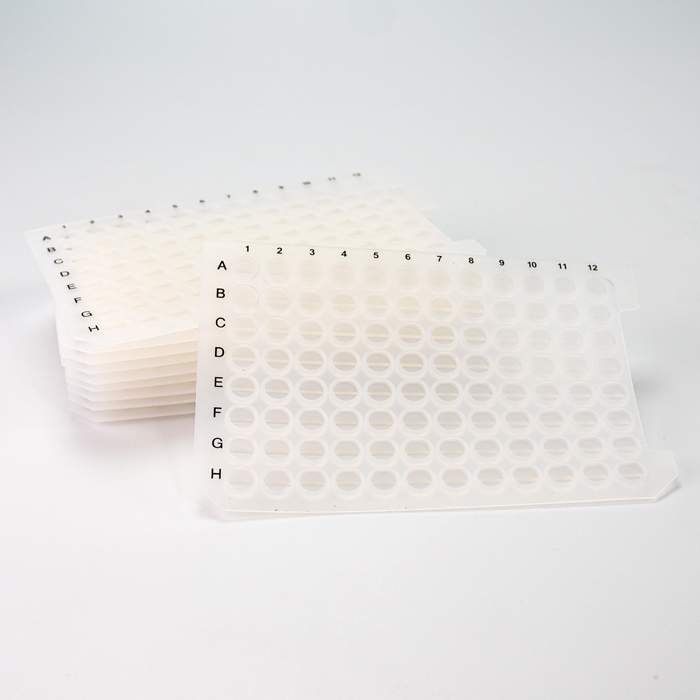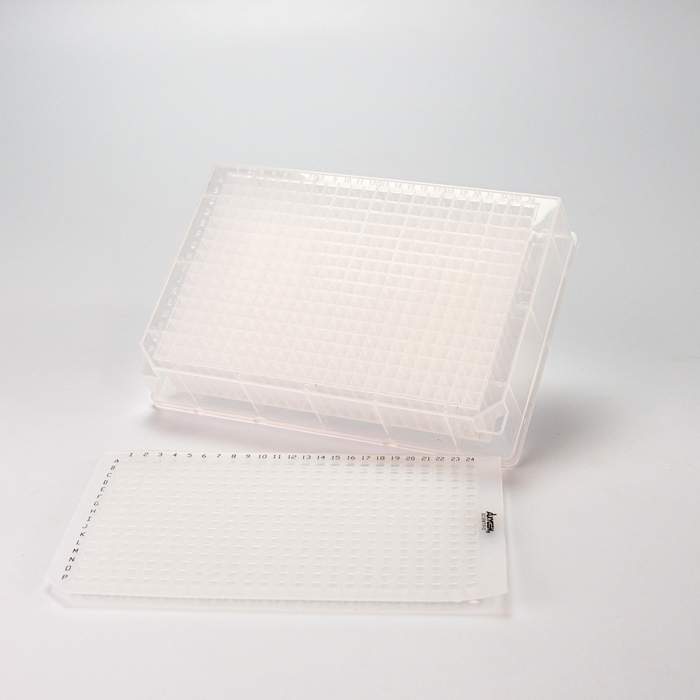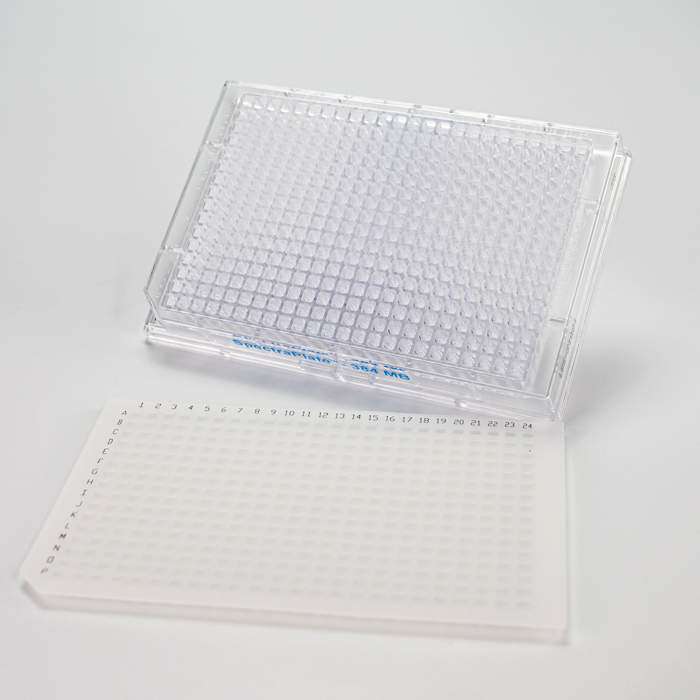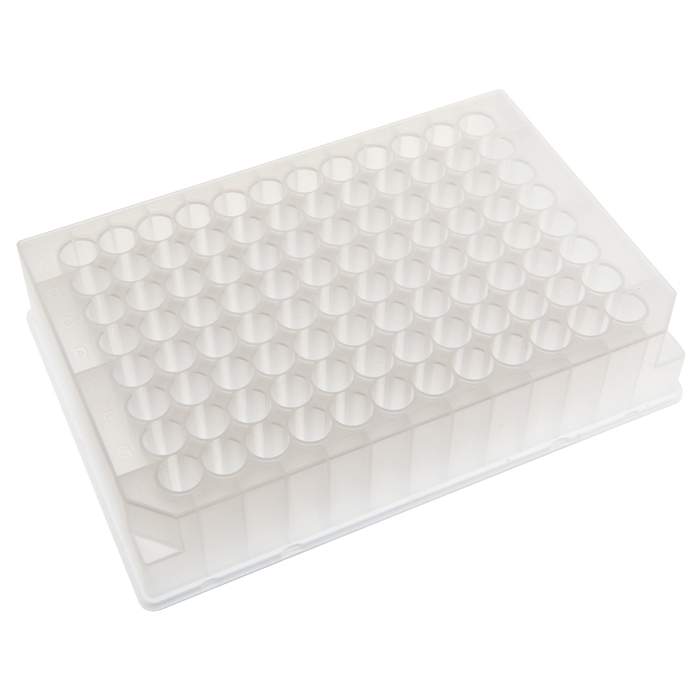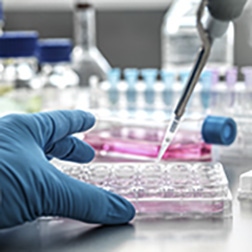
Custom microplate services
We know that off-the-shelf isn't the right option for every applications. That's why we offer a range of custom microplate services. Contact us to learn more about these services.
- Bulk ordering and special packaging
- Fast and flexible plate barcoding
- Biological plate coating
- Custom sterilization
We know that off-the-shelf isn't the right option for every applications. That's why we offer a range of custom microplate services. Contact us to learn more about these services.
- Bulk ordering and special packaging
- Fast and flexible plate barcoding
- Biological plate coating
- Custom sterilization

How can we help you?
Need help at 1am? We’ve got it covered. The Application Support Knowledgebase (ASK) contains detailed information on assay development, protocols, tips, FAQs, citations, troubleshooting and more. Accessible 24 hours a day, 7 days a week on our website.
Need help at 1am? We’ve got it covered. The Application Support Knowledgebase (ASK) contains detailed information on assay development, protocols, tips, FAQs, citations, troubleshooting and more. Accessible 24 hours a day, 7 days a week on our website.


Filters
1 - 9 of 9 Products and Services
Polypropylene deep-well storage block microplate, 96-well, 1 mL with clear round bottom is optimized for automated plate handling.
Silicone microplate lids for 384-well StorPlate compound storage plates. These lids are piercable with self-sealing ports.
Polypropylene 96-well round U-bottom deepwell plates for compound storage.
Polypropylene 96-well V-bottom plates for compound storage.
Polypropylene 96-well round U-bottom plates for compound storage.
Silicone microplate lids for 96-well StorPlate compound storage plates. These lids are piercable with self-sealing ports.
Deepwell polypropylene 384-well V-bottom microplates for compound storage.
Polypropylene 384-well V-bottom plates for compound storage.
Polypropylene 96-well round U-bottom deepwell plates for compound storage.


